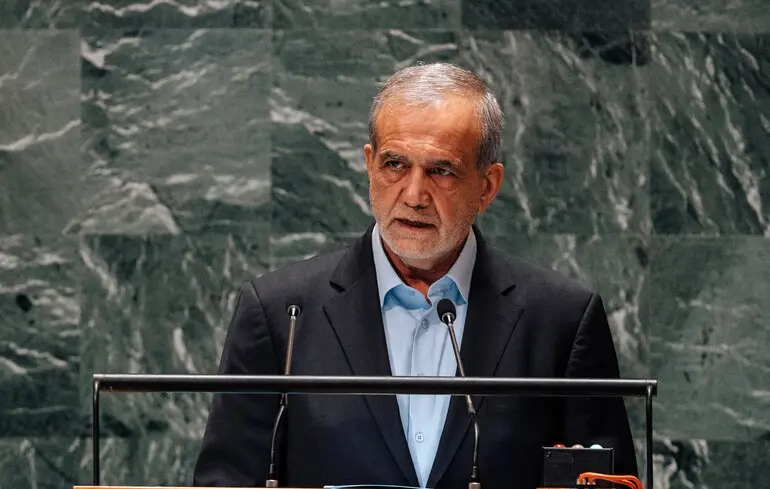Iran Demonstrates Resilience Amid New Sanctions Challenges: What Lies Ahead for Tehran

In the current landscape of international relations, Iran finds itself once again at the center of global attention amidst potential tightening of sanctions under UN auspices.
Official Tehran asserts that it possesses all necessary resources and internal strength to withstand any new restrictions that may be imposed following the UN Security Council’s decisions.
President Masoud Pezeshkian emphasizes that the country is capable not only of enduring external pressure but also of independently developing its nuclear program, despite efforts by Western nations to halt it.
This is rooted in the belief that Iran’s true strength lies not only in diplomatic mechanisms but also in the intellect and will of its citizens and specialists capable of rebuilding and advancing relevant technologies.Meanwhile, the international community urges dialogue and compromise, but negotiations are complicated by escalating tensions around Iran’s nuclear ambitions.
Recent days saw the UN decide to reimpose sanctions, targeting uranium enrichment activities and restoring arms embargoes.
These measures could have serious regional and global security implications.
Analysts suggest that this situation is merely a manifestation of a deeper political struggle between the West and Iran, ongoing for many years.
Despite expectations of destabilization, Iran continues to demonstrate the ability to hold ground and even strengthen its positions, leveraging diplomacy and domestic resources.What’s next? Will the international community be able to find common ground with Tehran, or will the conflict evolve into a prolonged crisis? The answers depend on future political decisions and readiness for compromise.
Meanwhile, the events surrounding Iran’s nuclear program highlight that global politics remain unpredictable, and the balance of power is fragile.

